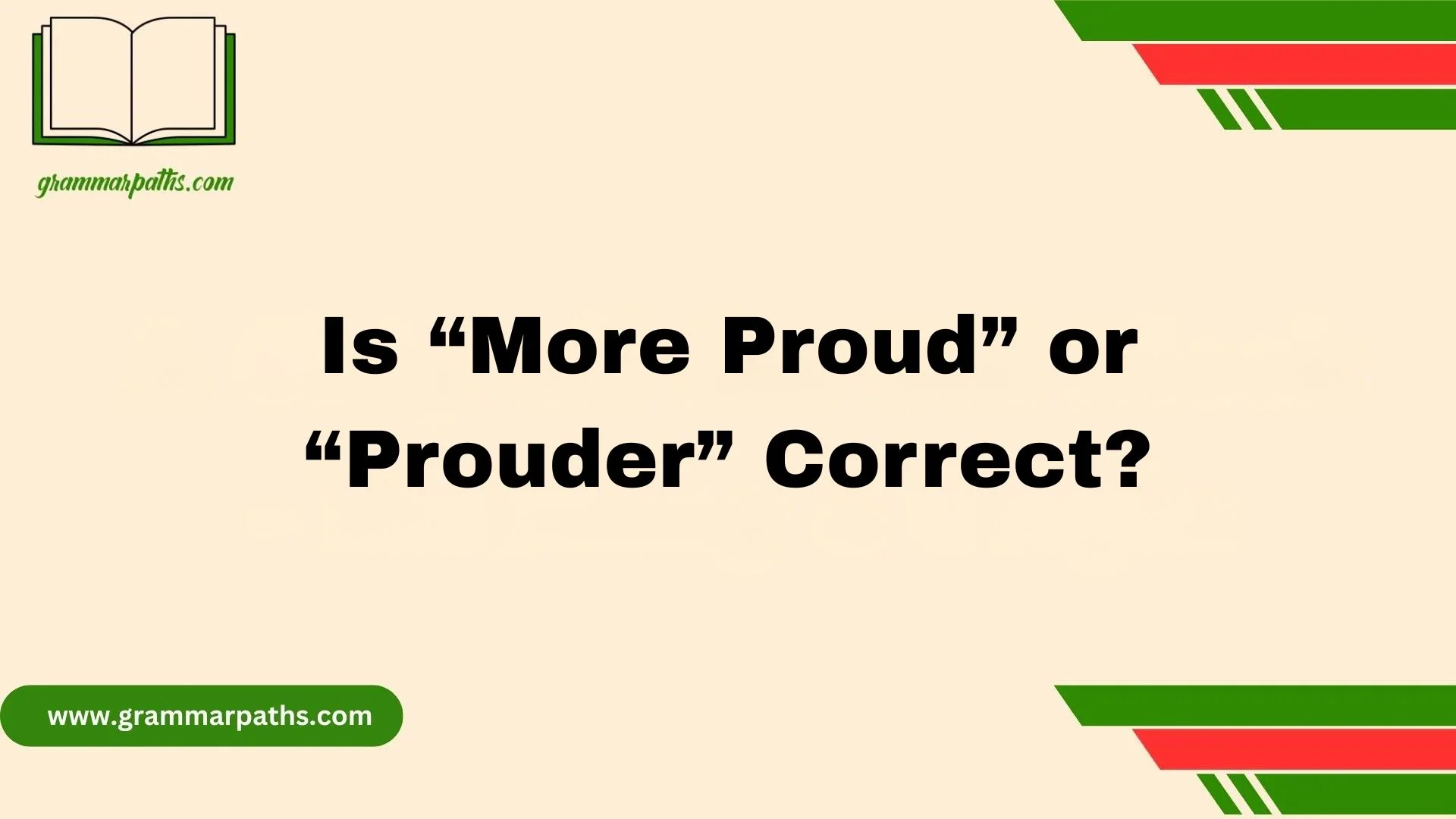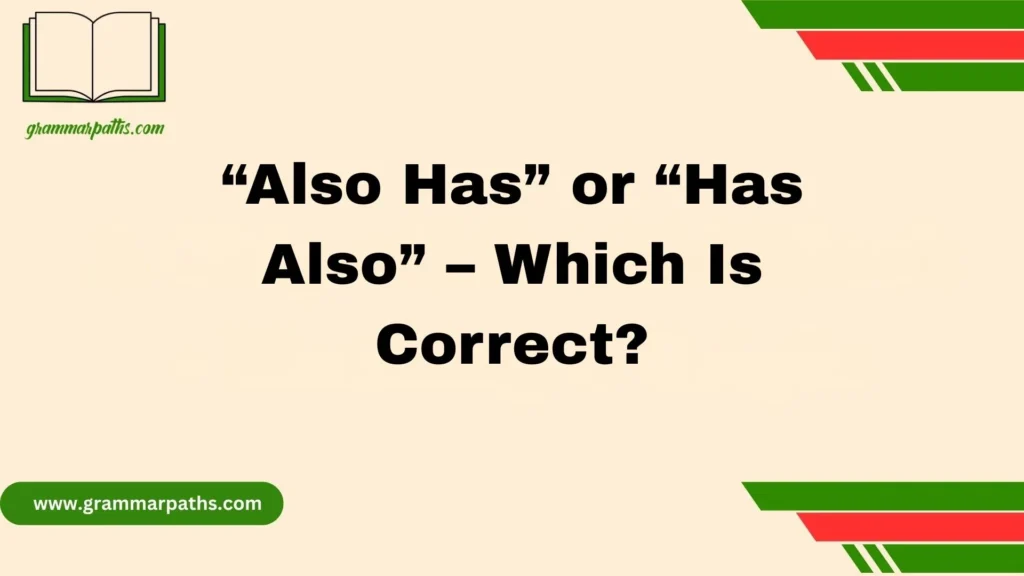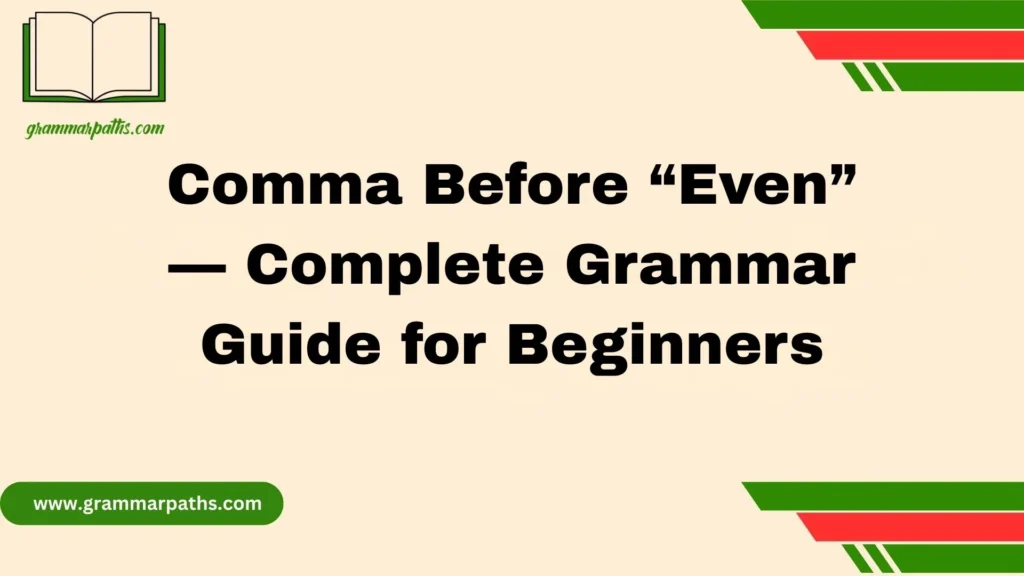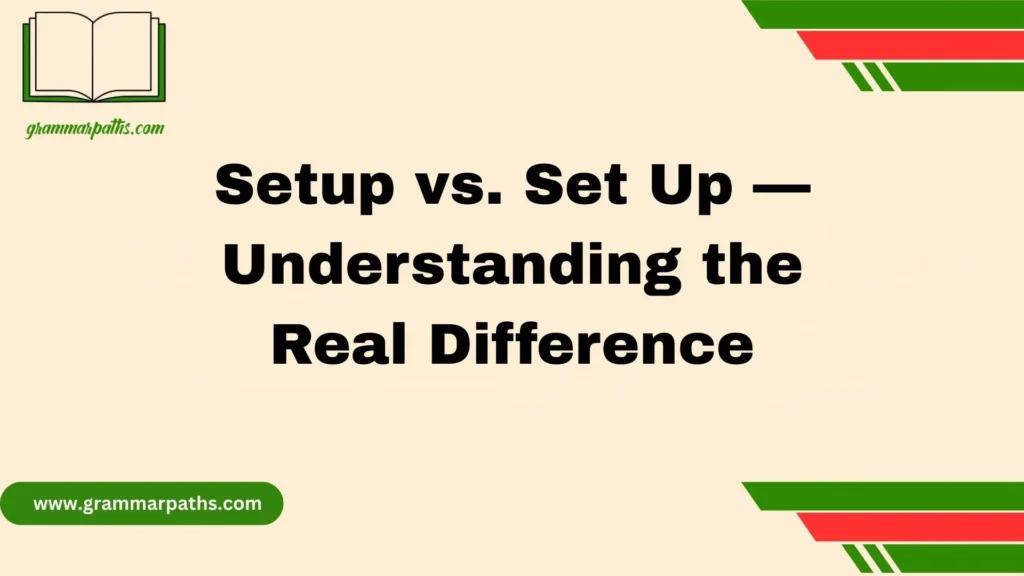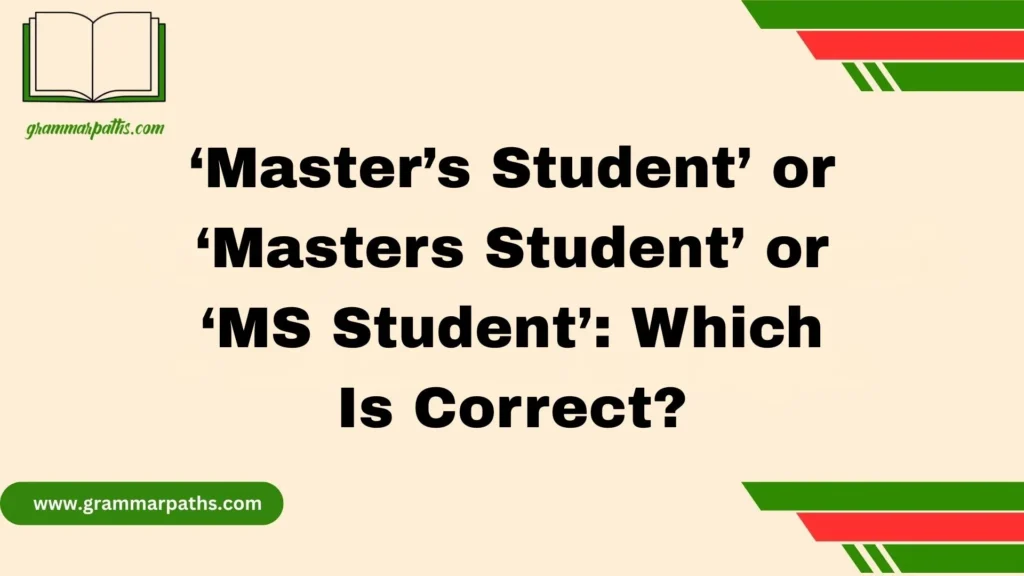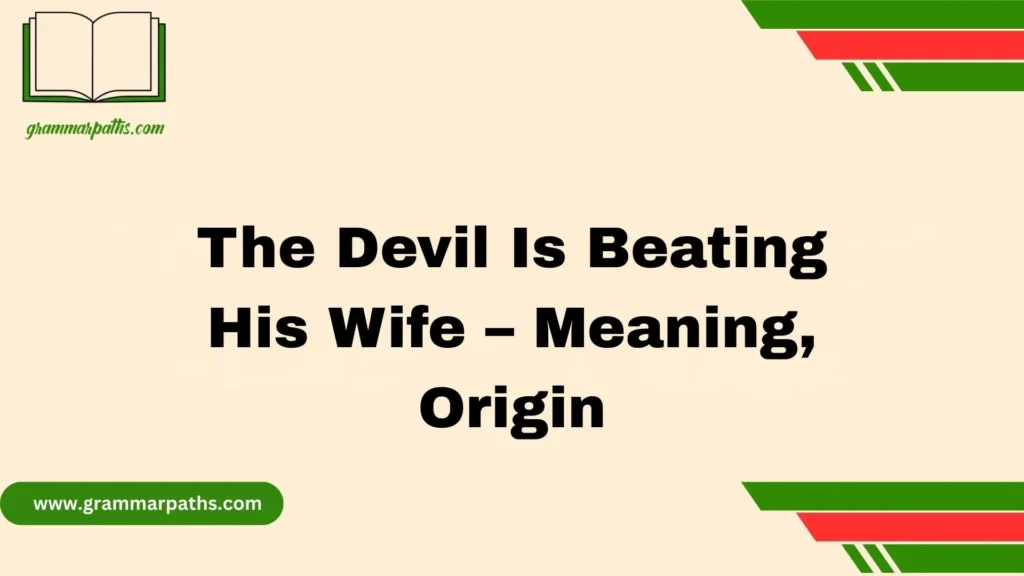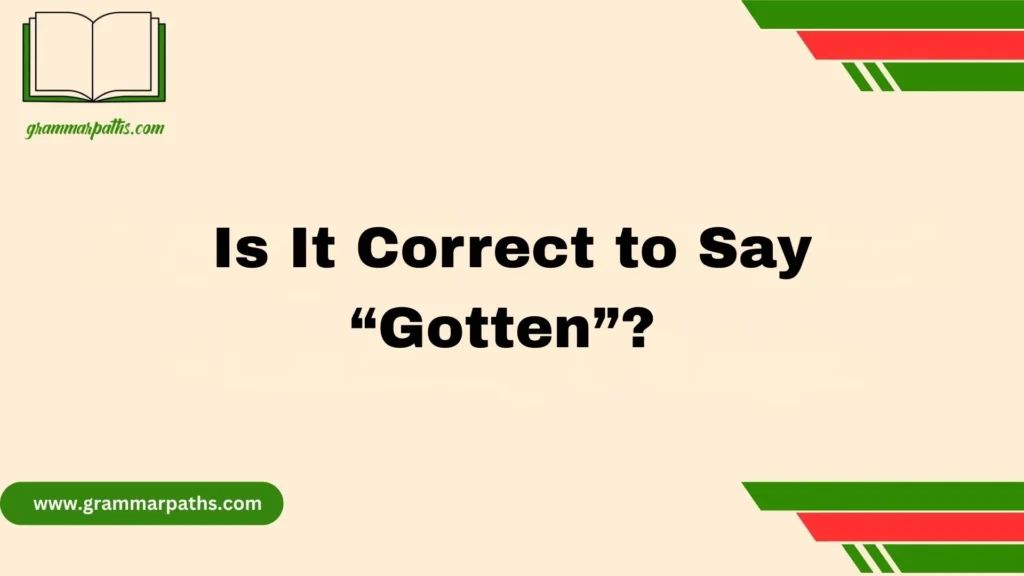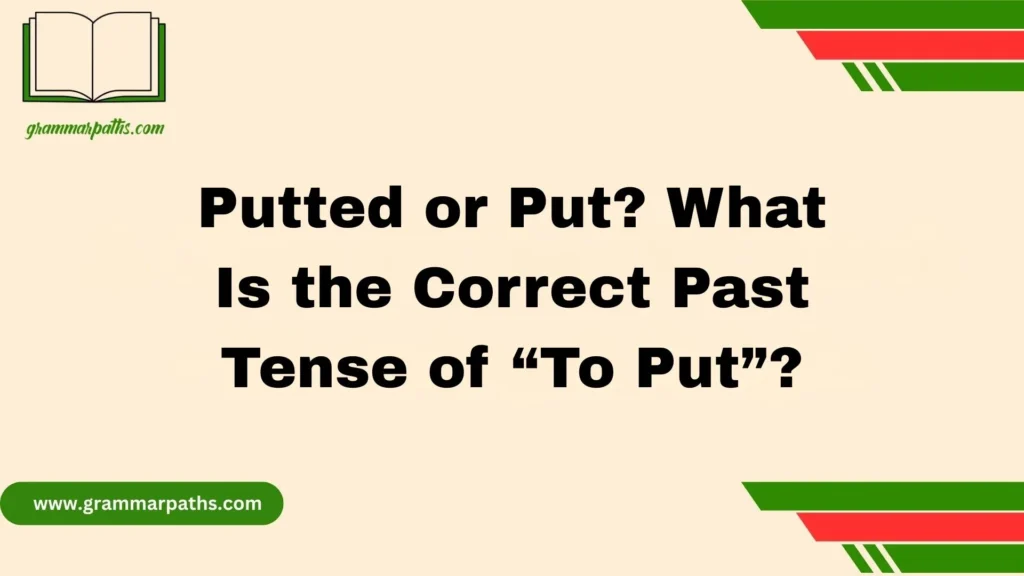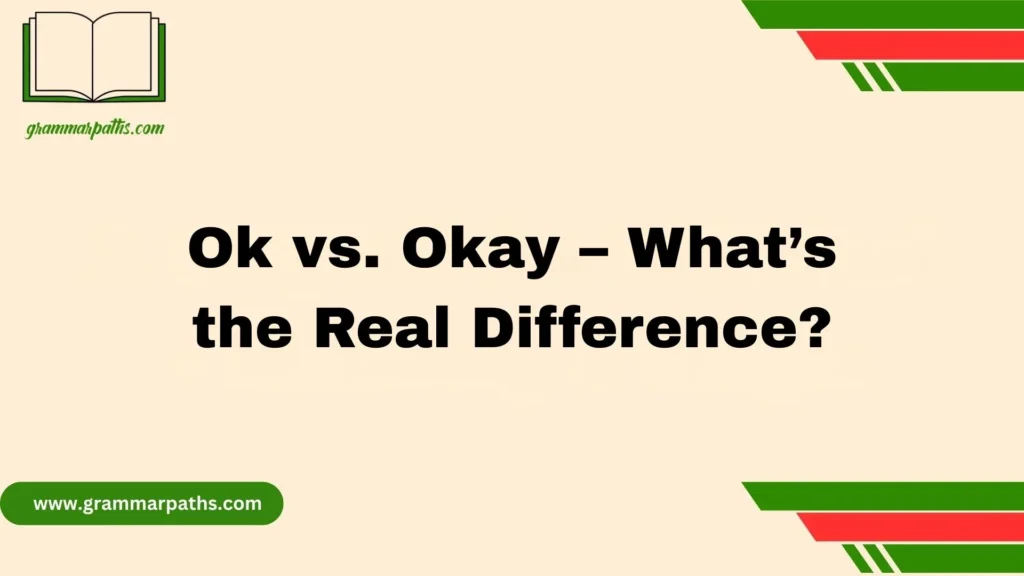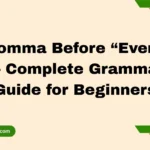When I first learned English grammar, I remember being confused about whether to say more proud or prouder. The grammatical rule says that prouder is the comparative form of proud, mainly because it’s a one-syllable word—just like other adjectives such as clever. Still, over the years, I’ve seen how widespread usage and real-life writing often bend the rules. It’s acceptable for people to say more proud, and I couldn’t help but notice that even in standard text or AP Style pieces, both forms can be found depending on the tone.
When I checked the Oxford Dictionary, I found that its entry lists prouder as the main version, with proudest as the superlative form. However, the Google Ngram shows that most proud and more proud have increased in popularity in recent times. What’s common now is that writers often use whichever sounds natural in their sentences. While Oxford remains a trusted reference, experience tells me that the beauty of language lies in its flexibility—grammar rules evolve as people express themselves more freely.
Understanding the Basics: What Are Comparative Adjectives?
Comparative adjectives are used when we compare two people, objects, or situations. They help us describe how one thing differs from another in degree or quality.
For example:
- John is taller than Mark.
- This road is narrower than the one downtown.
- She’s happier today than yesterday.
Each of these examples shows change in degree, and the adjective’s form changes to show that comparison.
How Comparatives Are Formed
There are two main ways to form comparative adjectives:
| Type of Adjective | Rule | Example |
| One-syllable adjectives | Add -er | tall → taller, small → smaller |
| Two or more syllables | Use more + adjective | careful → more careful, interesting → more interesting |
The adjective “proud” has one syllable, which means the natural comparative form is “prouder.” So, from a grammatical standpoint, “prouder” is the correct form.
However, English isn’t always about rules — it’s also about rhythm, tone, and nuance. That’s where “more proud” sneaks in.
The Grammar Behind “Prouder”
The adjective “proud” traces back to Middle English prout, meaning “having a high opinion of oneself or someone else.” Over time, it took on both positive and emotional meanings — pride in achievements, pride in others, or even pride as confidence.
Why “Prouder” Is the Correct Form
Following standard grammar, one-syllable adjectives take the “-er” ending when used comparatively:
- fast → faster
- sweet → sweeter
- proud → prouder
So, “I am prouder of my team than ever before” is the grammatically correct structure.
Examples of Correct Usage
- “The teacher was prouder of her students than she expected to be.”
- “Each day, I grow prouder of what I’ve achieved.”
- “His parents couldn’t be prouder of his success.”
The pattern is consistent. Anytime you compare pride between two or more states or people, “prouder” should be your first choice.
The Phrase “More Proud”: Is It Ever Acceptable?
Here’s where grammar meets real life. You might hear people say “more proud” quite often in conversation. Is it wrong? Not necessarily.
While “prouder” follows the textbook rule, “more proud” occasionally appears when speakers want to emphasize emotion, alter tone, or fit the rhythm of speech. This happens because spoken English often values sound and emphasis over strict structure.
When “More Proud” Sounds Natural
“More proud” can appear in the following contexts:
- When emotional emphasis is needed:
“I’m more proud of my daughter than words can say.” - When the adjective is part of a longer phrase that doesn’t flow well with “-er”:
“He’s more proud than angry about the situation.” - When speakers are contrasting multiple emotions:
“I’m more proud than nervous right now.”
In these cases, “more proud” isn’t incorrect — it’s just stylistically different. It adds rhythm and balance in certain phrases, especially in spoken English.
“More Prouder”: The Double Comparative Mistake
One common mistake learners make is saying “more prouder.” This structure is always wrong.
Why? Because it repeats the comparative marker twice:
- “More” already indicates comparison.
- “-er” already indicates comparison.
Using both together makes it redundant and ungrammatical.
Incorrect vs. Correct Examples
| Incorrect | Correct |
| I’m more prouder of you today. | I’m prouder of you today. |
| She’s more happier than before. | She’s happier than before. |
| He’s more better now. | He’s better now. |
If you ever catch yourself doubling the comparison, drop one. Stick with either “more” or “-er,” never both.
Emotional and Idiomatic Uses: “Couldn’t Be Prouder”
One of the most common expressions in English is “couldn’t be prouder.” It’s idiomatic, emotional, and deeply human.
This phrase doesn’t just compare pride — it maximizes it. It means “I am as proud as possible.”
Why It Works Grammatically
Technically, “couldn’t be prouder” is shorthand for:
“It would be impossible for me to be prouder than I am right now.”
That’s perfectly grammatical, though its emotional strength often overshadows the grammar itself.
Examples in Real Use
- “We couldn’t be prouder of our graduates today.”
- “The coach said she couldn’t be prouder of the team’s effort.”
- “I couldn’t be prouder of how my son handled himself.”
Case Study: The Power of Emotion in Grammar
In speeches or interviews, public figures often use “couldn’t be prouder” instead of “very proud.” The reason? It sounds more genuine and emotionally charged.
For example, President Barack Obama once said:
“I couldn’t be prouder of the men and women who serve our country every day.”
That line carries warmth and admiration — something “I’m very proud” lacks.
Grammar Rule in Action: When to Use “Prouder” vs. “More Proud”
Let’s simplify the decision-making process with a quick comparison table:
| Situation | Preferred Form | Example |
| Formal writing or essays | Prouder | “The company is prouder of its achievements than ever.” |
| Emotional statements or idioms | Prouder | “I couldn’t be prouder.” |
| Informal speech | More proud (sometimes acceptable) | “I’m more proud than nervous.” |
| Poetic or rhetorical tone | Either (based on rhythm) | “No one was more proud that day.” |
| Double comparative (incorrect) | ❌ Avoid | “More prouder” is wrong. |
Quick Rule of Thumb
If you’re writing formally, choose “prouder.”
If you’re speaking casually, “more proud” might sound okay depending on rhythm.
Never use “more prouder.”
Why the Rule Exists: One-Syllable vs. Multi-Syllable Adjectives
Comparative rules aren’t random — they come from how English evolved.
Here’s a quick breakdown:
| Type of Adjective | Comparative Form | Example |
| One syllable | Add “-er” | big → bigger, proud → prouder |
| Two syllables ending in “y” | Replace “y” with “i” + “-er” | happy → happier |
| Two or more syllables | Add “more” | beautiful → more beautiful |
| Irregular adjectives | Change word entirely | good → better, bad → worse |
Since “proud” has one syllable, the correct comparative is “prouder.”
That’s why grammarians prefer “prouder” — it follows the standard English pattern.
Language in Motion: Dialects and Modern Usage Trends
Language is alive. It evolves with culture, media, and regional habits. The “prouder vs. more proud” debate isn’t immune to that.
American vs. British English
- American English tends to follow grammar rules more strictly in writing: “I’m prouder of this project than any before.”
- British English, though still rule-abiding, sometimes uses “more proud” for rhythm or emphasis: “I couldn’t be more proud of the result.”
Both are understood universally, but “prouder” feels more textbook, while “more proud” sounds more conversational.
Modern Speech and Media
If you scroll through interviews, speeches, or social media posts, you’ll find plenty of “more proud” examples:
- “No one is more proud of our team than I am.”
- “We couldn’t be prouder of the students graduating this year.”
The takeaway? Both coexist. Context decides which fits best.
Quick Reference: “Prouder” vs. “More Proud” at a Glance
| Context | Preferred Form | Example |
| Grammar rule | Prouder | “She’s prouder than she’s ever been.” |
| Informal speech | More proud | “I’m more proud than nervous.” |
| Idiomatic phrase | Prouder | “Couldn’t be prouder.” |
| Incorrect form | ❌ “More prouder” | “I’m more prouder of you.” (wrong) |
Do’s:
- Use “prouder” in writing and formal contexts.
- Use “more proud” carefully in natural speech.
- Pay attention to rhythm and tone.
Don’ts:
- Never use “more prouder.”
- Don’t overthink — meaning and emotion matter as much as form.
- Don’t confuse stylistic choice with grammatical correctness.
Common Mistakes and How to Avoid Them
Mistake #1: Using “more prouder.”
Solution: Drop “more.” “Prouder” alone is correct.
Mistake #2: Overusing “more” with one-syllable adjectives.
Solution: Remember, short adjectives take “-er.”
Mistake #3: Forgetting tone and rhythm.
Solution: Read the sentence aloud. If it sounds awkward, simplify it.
Mistake #4: Ignoring context.
Solution: Use “prouder” for writing and “more proud” for speech when it fits naturally.
Conclusion
In simple terms, both prouder and more proud are correct—it just depends on how formal or natural you want your sentence to sound. If you’re following AP Style or referring to the Oxford Dictionary, prouder is the grammatical choice. But in everyday usage, more proud has become quite common and acceptable, especially in writing or speech that feels more emotional or conversational. The Google Ngram even shows how more proud has increased in popularity in recent years, proving that language evolves with people and their preferences.
FAQs
1. Which is more correct—“more proud” or “prouder”?
Both can be correct. Prouder follows the traditional grammatical rule for a one-syllable word, but more proud is also widely used today.
2. Is “more proud” used in formal writing?
In standard or AP Style text, prouder is preferred. However, more proud may appear in creative or emotional writing where tone matters more than strict grammar.
3. What is the superlative form of “proud”?
The superlative form is proudest, though most proud is sometimes used for emphasis in speech or informal contexts.
4. Why do people say “more proud” instead of “prouder”?
Because language changes. People often use what sounds natural, and more proud has become common in recent years as expressions evolve.
5. What do sources like the Oxford Dictionary or Google Ngram say?
The Oxford Dictionary lists prouder and proudest as the standard forms, while Google Ngram shows that more proud has increased in popularity in modern usage.

Emma Brooke is a passionate language expert and contributor at GrammarPaths.com, where she helps learners navigate the complexities of English grammar, idioms, and effective writing. With a strong academic background and years of teaching experience, Emma excels at turning tricky grammar rules into simple, practical lessons that readers can easily grasp.
